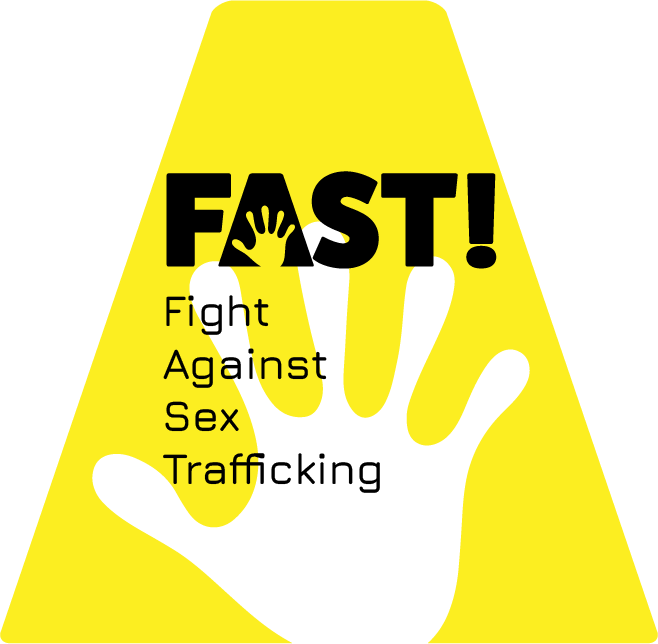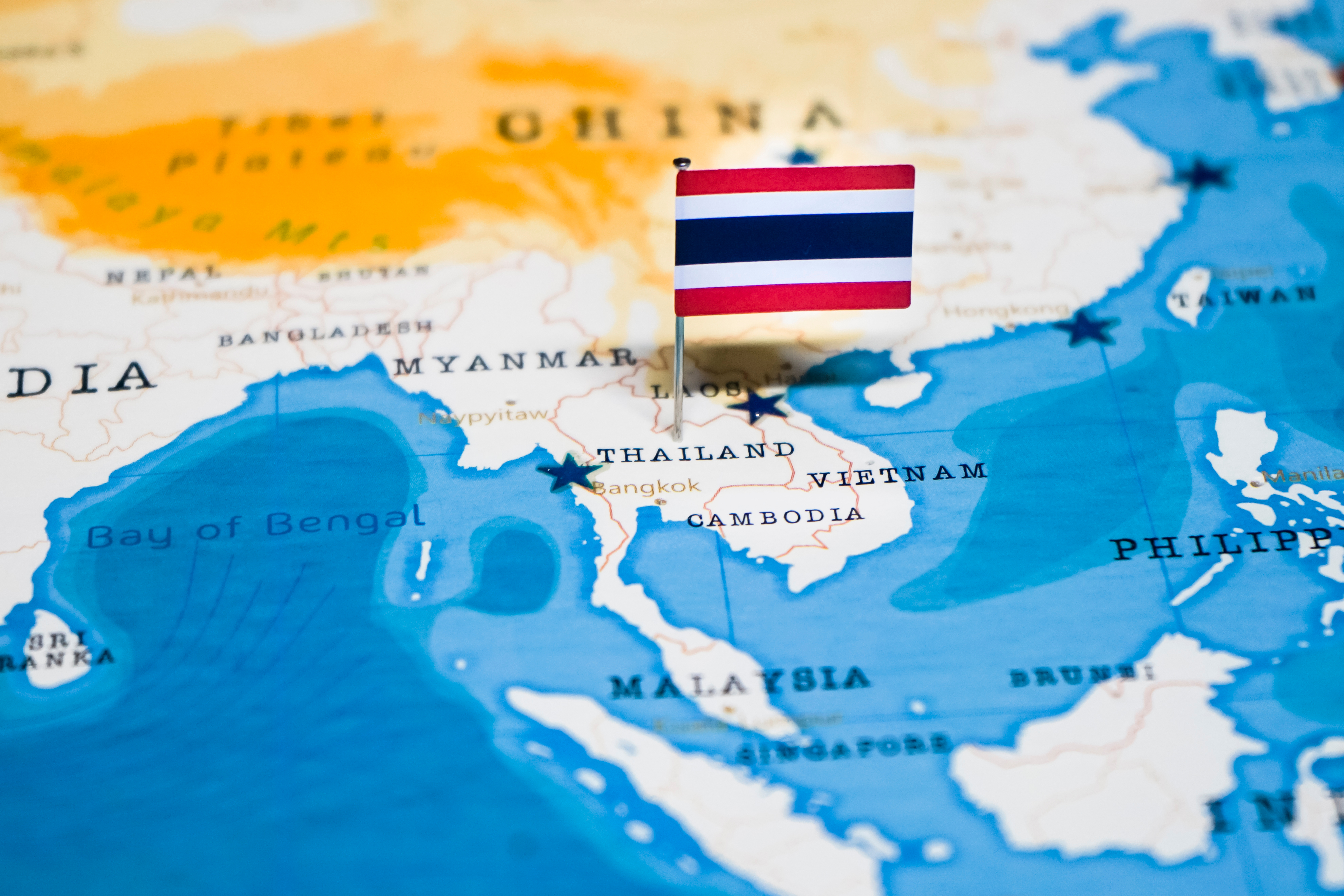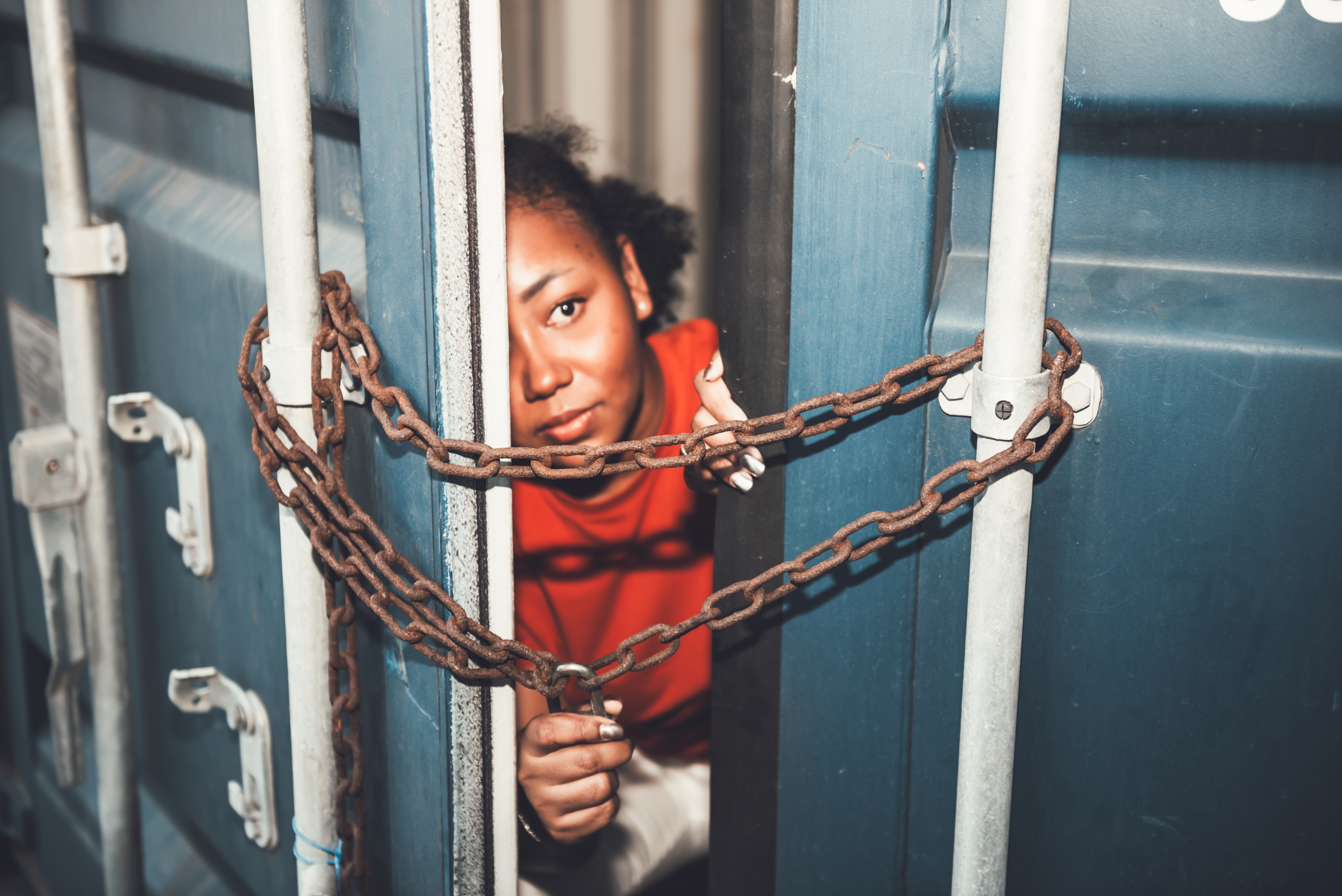Human Trafficking in Nigeria: Trafficking in Persons 2024 Report. The 2024 Trafficking in Persons (TIP) report underscores the grave and multifaceted human trafficking issues in Nigeria. Over the past five years, both domestic and foreign victims have been exploited within Nigeria, while Nigerian traffickers also target victims abroad. The report highlights the widespread and complex nature of trafficking in Nigeria, affecting vulnerable groups and driven by various forms of exploitation.
Internal Trafficking in Nigeria
Recruitment from Rural Areas
Internal trafficking is rampant, with traffickers predominantly recruiting victims from rural areas, especially in southern Nigeria. These victims are then exploited in sex trafficking and forced labor in urban centers.
Child Exploitation
Children are particularly vulnerable, being exploited in sex trafficking and forced labor across various sectors, including:
Granite Quarries and Artisanal Mines: Children are forced to work in dangerous conditions.
Domestic Work and Begging: Impoverished families send children as young as five to work as domestic workers or to beg on the streets.
Street Vending, Textile Manufacturing, and Agriculture: Children are exploited in these labor-intensive sectors.
Cocoa Farms: Both adults and children are forced to work in grueling conditions on cocoa farms.
Quranic School Exploitation
Some corrupt Quranic school teachers, known as “mallams,” exploit boys from rural areas in forced labor for begging and seasonal agricultural work, often in Cameroon and Chad. These children live in unregulated, makeshift “boarding schools,” exposing them to disease and abuse.
Trafficking of Nigerian Victims Abroad
Sex Trafficking and Forced Labor
Nigerian victims are trafficked across Africa, Europe, Asia, and the Middle East, often by Nigerian traffickers. Key regions of exploitation include:
- West and Central Africa: Countries like Cabo Verde, Cote d’Ivoire, The Gambia, Mali, and Senegal.
- East and Southern Africa: To a lesser extent, Nigerian victims are trafficked here.
- Mining Regions: Women and girls are transported to Senegal, Mali, Burkina Faso, and Cote d’Ivoire for sex trafficking.
- United Arab Emirates (UAE): Nigerian victims, particularly women and girls, are subjected to sex trafficking in the UAE. Traffickers lure victims with promises of well-paying jobs, only to exploit them in forced prostitution. The UAE serves as a key destination for many Nigerian trafficking victims due to its economic opportunities and the high demand for sex workers.
Forced Marriage
In some Nigerian states, families sell women and girls into forced marriages to repay debts in a traditional practice known as “money marriages,” increasing their vulnerability to trafficking.
Online Scams
Nigerian victims are exploited in online scam operations in Ghana, adding another layer to the complex trafficking networks.
The “Baby Factories” Phenomenon
A particularly heinous form of trafficking involves illicit actors operating “baby factories,” often disguised as orphanages, maternity homes, or religious centers. Here, traffickers hold women against their will, rape them, and force them to bear children. These children are then sold, sometimes for exploitation in forced labor and sex trafficking. The southern part of Nigeria is especially notorious for this criminal industry, driven by poverty, lack of opportunities for young girls, and the illegal adoption market.
The 2024 TIP report serves as a critical reminder of the pervasive nature of trafficking and the necessity of continued vigilance and action to protect vulnerable individuals from exploitation.



